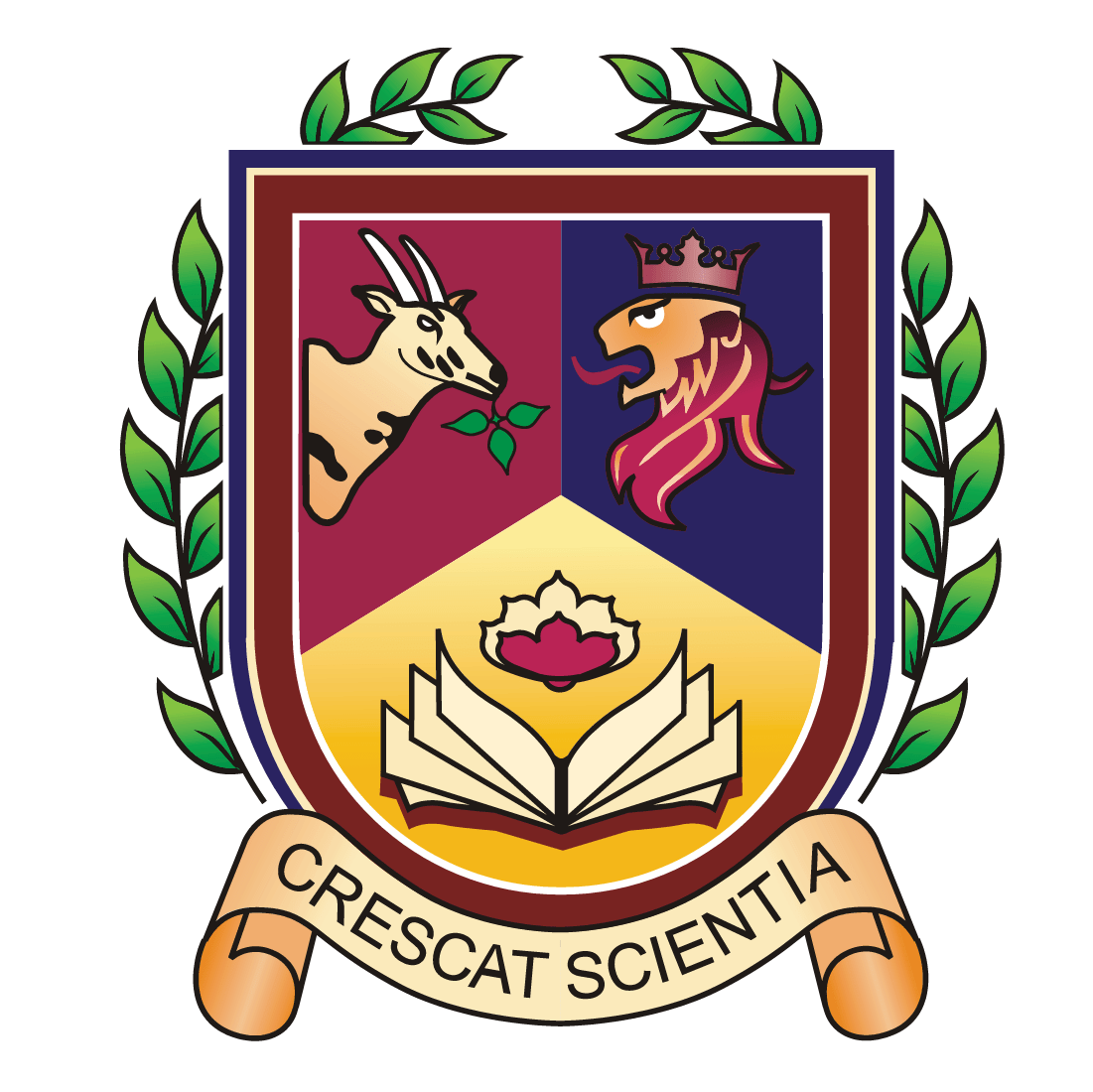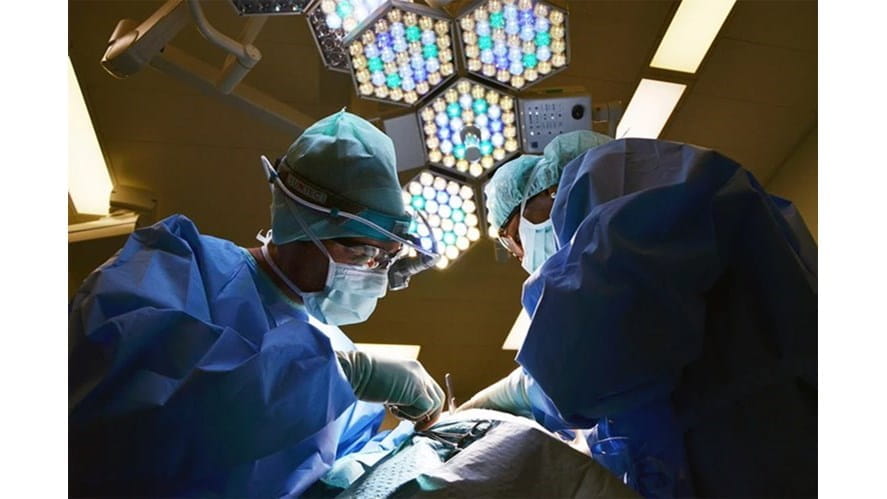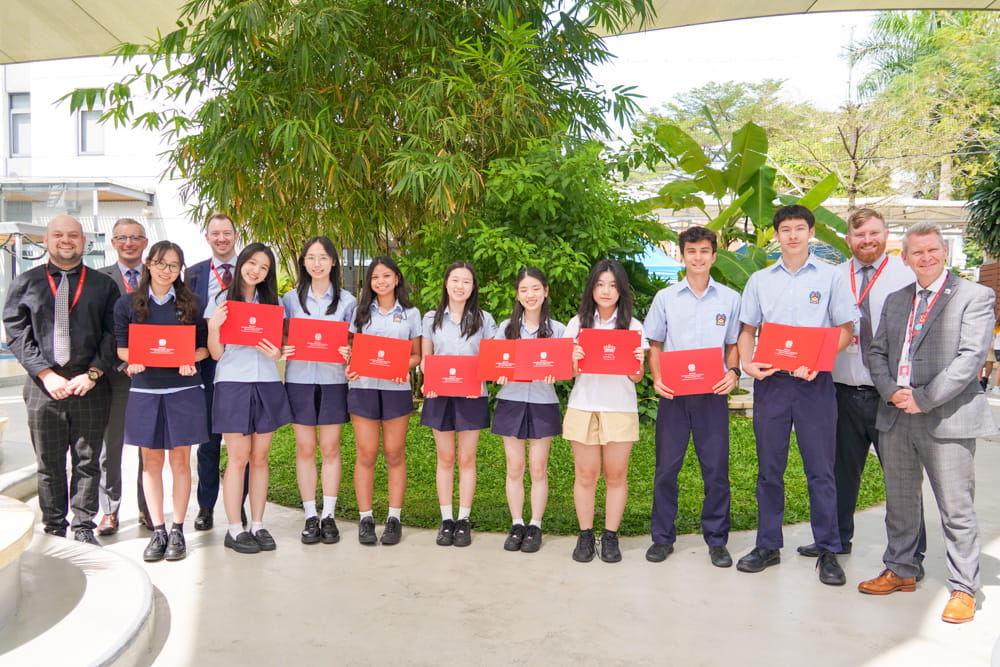How to Become a Doctor: Step-by-Step Guide Dream about studying Medicine with the world’s best? Learn how an education at the British International School HCMC will enable you to shape the career you’ve dreamed of.
Dream about studying Medicine with the world’s best? Learn how an education at the British International School HCMC will enable you to shape the career you’ve dreamed of.
The decision to embark on a medical career is not one that should be taken lightly. Medical school typically takes much longer to complete than other undergraduate degrees and is followed by years of post-graduate and specialist training. Despite this, medicine remains one of the most popular career choices for many BIS HCMC students.
Variations in healthcare and education systems around the world mean that there are a range of potential routes into the medical profession after completing the IB Diploma. In countries such as Hong Kong, the UK and Australia students typically apply directly to a Medicine undergraduate course from school. In North America however, undergraduate study of Medicine is not available. Instead, students complete a separate undergraduate qualification first before beginning postgraduate study in Medicine. Though medical schools in the US do not require specific degrees for admission, many students opt for undergraduate courses heavy in Biology and Chemistry as preparation.
In this article we will be focusing on the application process for medical schools in countries such as the United Kingdom, Australia or Hong Kong.
How to get into medical school
1. Strong Academic Profile in the Sciences
A strong academic profile in the Sciences from IGCSE to IB is essential and should be the basis for any application.
Regardless of country or course, Medicine and its related fields require a high level of scientific knowledge, especially in Biology and Chemistry. Physics and Mathematics can also be valuable in certain areas but are not essential pre-requisites for the majority of undergraduate Medicine courses in the UK and elsewhere. Many Medical Schools will stipulate specific scores in IB Higher Level subjects as part of their offer - generally 6 in Biology and Chemistry but some have additional conditions and these vary from one university to another. Students should research these requirements in advance to ensure they can meet the criteria.
2. Transferable Skills
It is important to remember that a successful application - and subsequent career - requires far more than strong subject knowledge and scientific understanding. Communication skills, understanding behaviour, critical thinking, creativity and other transferable skills are vital to success and students should develop those skills where possible. Both the IGCSE and IBDP programmes that students study at BIS offer breadth and depth and focus on the development of these transferable skills.
3. Practical Experience
The next factor for successful Medicine, Dentistry, Physiotherapy and Veterinary applications is practical experience in a professional clinical or healthcare setting.
Universities want to see that the applicant knows what they are applying for and that they have the necessary interpersonal skills, awareness and practical understanding of a healthcare setting. For our students, most often this takes the form of a shadowing or unpaid intern-style period in a hospital but a range of experience is considered valuable. Similar professional experience in a laboratory, clinic or other relevant healthcare setting will enhance an application. Dr. Simon Finnigan, Senior University Guidance Counsellor explains further: “Students and families should be aware that personal attributes and interpersonal skills are a vital factor in successful applications. In interview situations the focus should be on caring for patients rather than knowledge of diseases or scientific content and that shift of focus is often made abundantly clear during a spell of work experience. Of course, the more professional experience the better - not just for the application process but also in terms of preparing applicants for the demands of working in hospitals or similar healthcare environments.”
4. Well-Written Personal Statement
All the above should feed into a well-written Personal Statement that illustrates academic strengths, personal attributes and an approach that will enable a successful transition to university study in the context of the country or system being applied to.
5. Clinical Aptitude Tests
There are additional aspects to a successful Medicine (and Dentistry and Physiotherapy) application that are vital and must be given attention. The first of these is a good score on one of the standard clinical aptitude tests required by medical schools: the UCAT and the BMAT. Different universities accept one of the tests and it is important that students research this carefully and have a strategic approach in terms of selecting the test that is the best option for them.
6. Multiple Mini Interview
If the above aspects of the application are sufficiently strong, students are normally then invited for interview so that they can assess the candidate’s interpersonal skills and other key attributes. These interviews can be a traditional face to face conversation with a panel, but in recent years the Multiple Mini Interview (MMI) format has been adopted. The MMI puts students in a series of scenarios or situations - often role plays with actors - to see how they deal with pressurised situations and difficult patients.
Communication skills, calmness and resilience are all tested and the performance in the MMI is often a deciding factor in offers being made. Medical Schools need to know that the applicant has the right mind-set, approach and personal attributes to adapt to working in a healthcare setting with actual patients. Students need to demonstrate an understanding of the context and culture of the country’s healthcare system and show they have the abilities to adapt to it, especially important for international students.
Support for students who want to go to medical school
The Careers and University Guidance Team at BIS HCMC provides a range of content and resources to support students who apply to study Medicine or related disciplines. Feedback on personal statements, assistance with identifying the right fit of Medical School and holding mock MMIs with the BIS Biology department are some of the ways in which we provide support.
BIS also runs a CCA - Medicine Club - which is led by Dr. Suzanne Mincher of the Biology department. This expertise and discipline-specific support enhances student knowledge of, and engagement with, healthcare roles and professional pathways. Students in Years 12 and 13 who may be interested in pursuing study in the field are encouraged to participate in the Medicine Society CCA in order to gain knowledge and skills that will prove to be useful when pursuing the pathway. Dr. Mincher explains further: “At the start of YR 12, in a supportive environment, potential medics are brought together to identify the university pathway which is most suitable for their application. This collaborative approach enables them to share ideas about not only the different courses available but also current medical issues and challenging topics. Instrumental in this approach are the talks held by visiting medical/dental student alumni and successful Year 13 applicants. The medical society also supports students in sourcing valuable work experience and provides structured preparation for clinical aptitude tests.”
In the last 5 application cycles alone, graduates from the British International School HCMC have made successful applications to undergraduate Medicine programmes in the UK, Ireland, Korea, Australia and Hong Kong. Sanny Wu, a current Year 13 student who received offers for Medicine at 3 leading UK universities, explained the value of the input she received from all areas of the school: “Staff at BIS have supported us in this process right from the initial stages of research through to the final stages of interview preparation. The Medicine Society run by Dr. Mincher brought together medical applicants and helped us stay on track with UCAT practice and early university research. Dr. Finnigan gave feedback on my personal statement, discussed university options in detail, and supported our interview preparation. The CUG team also ran mock interviews to help us become familiar with the format of MMIs, which definitely boosted my performance in the real interviews.”
As a parent how can you support your child’s ambitions?
Supporting your child through an application to study Medicine requires an open, realistic and understanding approach common to any application to university. However, there are some additional factors for parents and families to consider and be aware of before committing to a Medicine application.
Firstly, parents need to remember the fierce level of competition for students seeking to study Medicine at undergraduate level. There are a number of alternative options and potential routes into a healthcare career that your child could explore, such as: Biomedical Science, Radiotherapy, Physiotherapy, Pharmacology or Optometry. All of these lead to well-defined careers that are rewarding, lucrative and offer plenty of scope for further progression and development but are much less competitive than Medicine and typically require lower entry grades.
There are also some additional stages to the application process (gaining work experience, standardised testing, interview in another country) that can be costly in terms of time, effort and money. Any connections or relationships that can assist in obtaining work experience are valuable and should be maximised.
The timeline of the application process is also significant in that it can be relatively lengthy due to these additional requirements and stages. Students normally take the standardised test at some point between July and October. The application deadline for the UK is the 15th October with interviews generally scheduled for early December. This period of time is obviously a critical one for IB students, so support at this understandably busy time is key.
We hope this article has proved useful and offered some insight into the application process for undergraduate Medicine courses and how, together, we can help your child reach their dreams of becoming a doctor.
More Articles from the Careers and University Team








